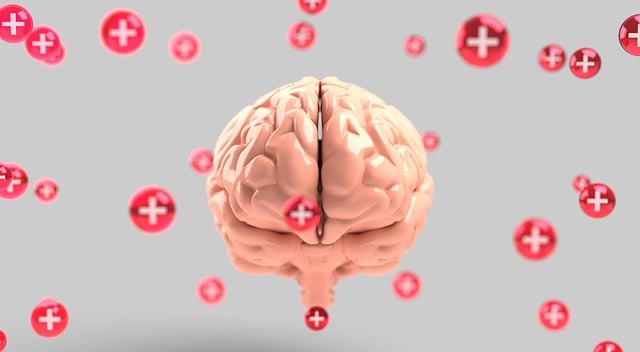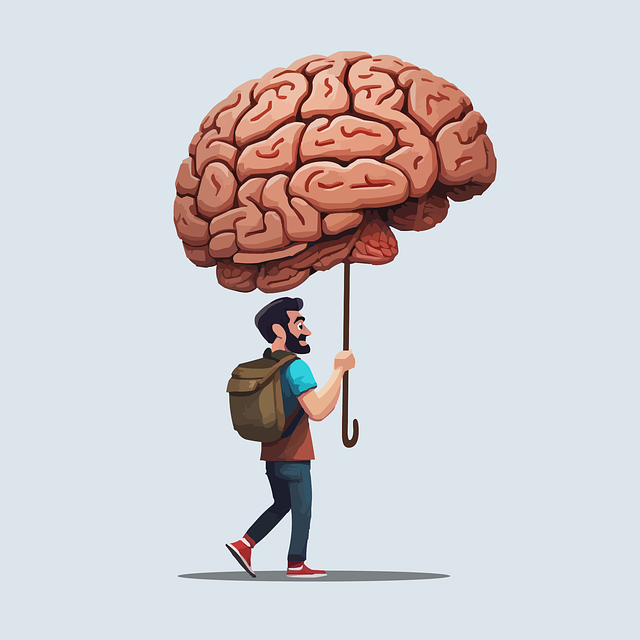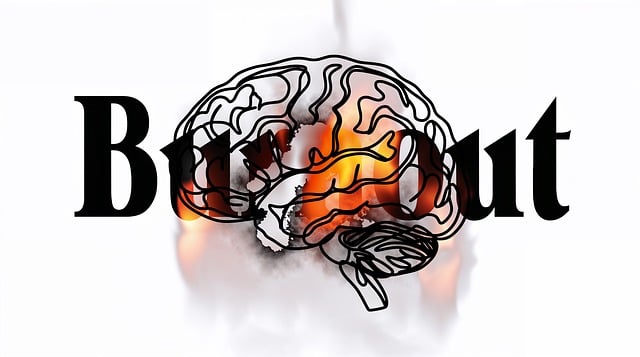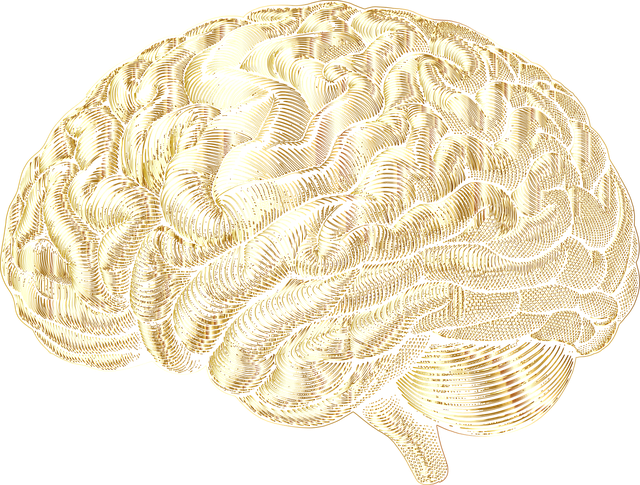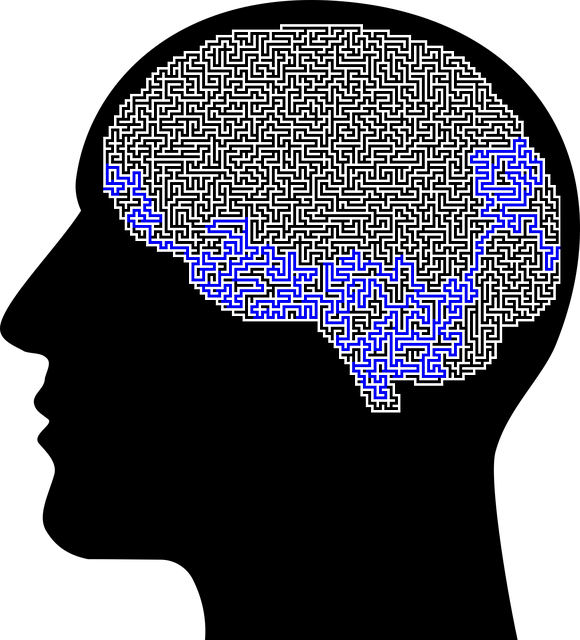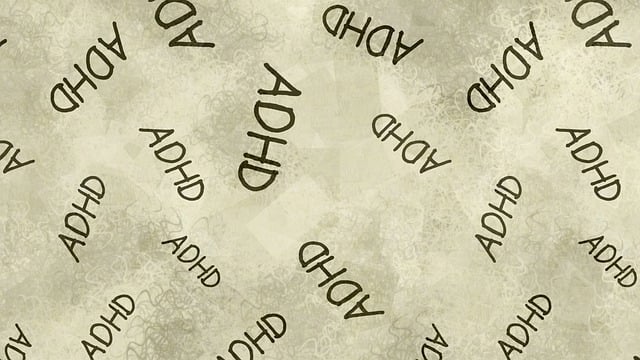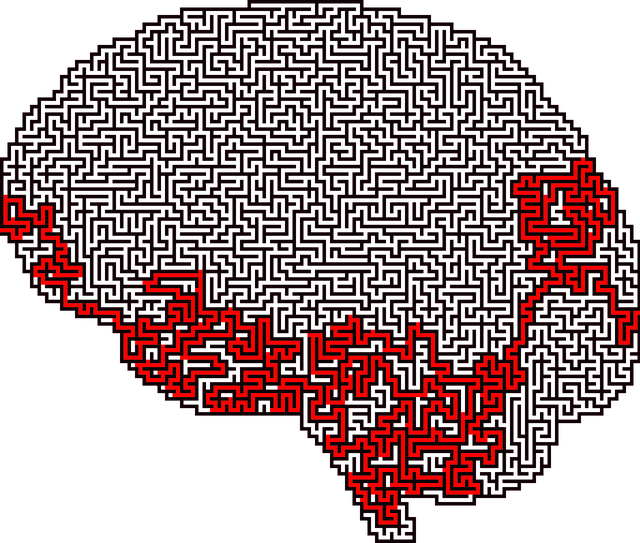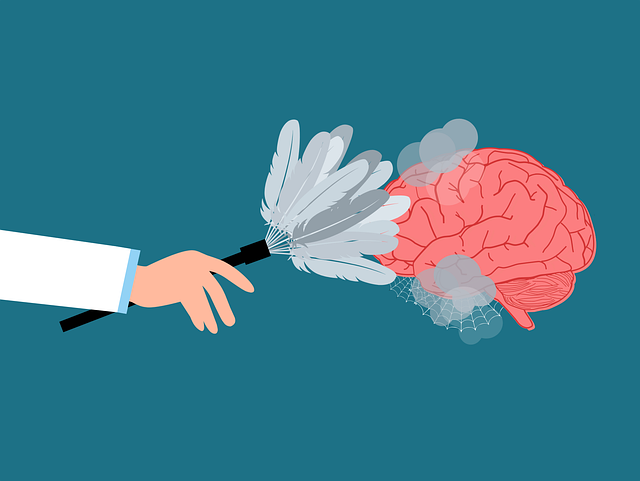Centennial Hebrew Speaking Therapy (CHST) offers a unique solution to improve mental health diagnosis accuracy across diverse communities by bridging language and cultural gaps. By providing therapy in Hebrew, CHST addresses language barriers and cultural stigma preventing immigrants and ethnic minorities from seeking help. This approach ensures more inclusive diagnoses, improves treatment plan tailoring, and fosters trust between therapists and culturally diverse clients. Integrating family support, culturally sensitive assessment tools, mindfulness techniques, and early intervention strategies enhances overall mental health service quality and outcomes.
Mental illness diagnosis accuracy has long been a topic of concern, with cultural barriers hindering effective assessment. This article explores targeted efforts to improve diagnosis reliability, focusing on the unique challenges and contributions of approaches like Centennial Hebrew Speaking Therapy. We delve into strategies such as culturally sensitive assessment tools, community-integrated support, and healthcare professional education, highlighting their role in enhancing diagnostic accuracy, especially for diverse populations.
- Understanding Cultural Barriers to Diagnosis: The Role of Centennial Hebrew Speaking Therapy
- Enhancing Assessment Tools and Techniques for Cultural Sensitivity
- Integrating Family and Community Support in Mental Health Diagnosis
- Educating Healthcare Professionals on Cultural Competency in Mental Illness Evaluation
- Promoting Early Intervention and Prevention Strategies for Accurate Diagnosis
Understanding Cultural Barriers to Diagnosis: The Role of Centennial Hebrew Speaking Therapy

In today’s diverse society, mental health professionals are increasingly recognizing the importance of understanding cultural barriers to accurate diagnosis and effective treatment. One significant aspect that often goes overlooked is the role of language and cultural context in mental illness assessment. Centennial Hebrew Speaking Therapy (CHST) offers a unique approach to addressing this challenge. By providing therapy in Hebrew, CHST bridges the gap between culturally diverse individuals and mental health services, ensuring more inclusive and accurate diagnoses. This is particularly crucial given that many immigrants or ethnic minority groups may face additional barriers to seeking help due to language difficulties and cultural stigma surrounding mental wellness.
CHST not only facilitates communication but also fosters a sense of comfort and understanding for clients who might otherwise hesitate to open up about their struggles. The therapy model incorporates elements of social skills training and mental wellness coaching programs, which can enhance the overall therapeutic process. By combining these strategies with a thorough risk assessment for mental health professionals, CHST contributes to improved diagnosis accuracy, ultimately leading to better-tailored treatment plans that resonate with clients’ diverse cultural backgrounds and personal experiences.
Enhancing Assessment Tools and Techniques for Cultural Sensitivity

In an effort to enhance mental illness diagnosis accuracy, especially within diverse communities, there is a growing emphasis on improving assessment tools and techniques for cultural sensitivity. This includes recognizing and incorporating practices like those offered by Centennial Hebrew Speaking Therapy, which caters to individuals who speak Hebrew and may face language barriers in traditional therapy settings. By ensuring therapists are equipped with the skills to assess clients from various backgrounds, cultural nuances can be better understood and considered during diagnosis.
This shift towards culturally sensitive assessment is not merely a nicety but a crucial component of effective mental health policy analysis and advocacy. It promotes equitable access to care and ensures that coping skills development programs are tailored to meet the unique needs of different communities. Through such initiatives, the overall quality of mental health services improves, leading to more accurate diagnoses and better outcomes for all individuals seeking support.
Integrating Family and Community Support in Mental Health Diagnosis

Integrating family and community support is a pivotal strategy to enhance mental health diagnosis accuracy and improve patient outcomes, especially in diverse communities like those served by Centennial Hebrew Speaking Therapy. Mental illness doesn’t exist in isolation; it’s deeply rooted in an individual’s social fabric. By involving loved ones and community networks, therapists can gain valuable insights into the client’s life, behaviors, and cultural context. This holistic approach allows for a more nuanced understanding of symptoms, facilitating accurate diagnoses that consider both personal and environmental factors.
Family and community involvement fosters self-care practices and empathy building strategies that strengthen support systems around the individual in need. Compassion cultivation practices, encouraged within these networks, can lead to reduced stigma and increased openness about mental health challenges. This collaborative approach not only enhances diagnosis accuracy but also encourages a culture of care and understanding, ultimately promoting better mental health outcomes for all community members.
Educating Healthcare Professionals on Cultural Competency in Mental Illness Evaluation

In an increasingly diverse society, healthcare professionals must be equipped with cultural competency skills to ensure accurate mental illness diagnoses, especially when serving communities like Centennial Hebrew Speaking Therapy’s target demographic. Cultural sensitivity in mental healthcare practice is paramount as it allows for a deeper understanding of patients’ backgrounds and experiences. For instance, what may appear as unusual symptoms in one culture could be normal behavioral expressions in another. Healthcare providers trained in cultural competency can recognize these nuances, thereby avoiding misdiagnoses or overlooking potential mental health issues.
By integrating mindfulness meditation and conflict resolution techniques into their training programs, educational institutions can enhance medical students’ and therapists’ ability to navigate cultural complexities. These practices foster empathy, patience, and open-mindedness—essential qualities for building trust with patients from different ethnic and cultural backgrounds. Ultimately, this approach ensures that every individual receives a tailored mental health evaluation, promoting more effective treatment outcomes.
Promoting Early Intervention and Prevention Strategies for Accurate Diagnosis

Promoting Early Intervention and Prevention Strategies for Accurate Diagnosis is a key area of focus in enhancing mental illness diagnosis accuracy. By implementing tailored programs that cater to diverse populations, such as those offered by Centennial Hebrew Speaking Therapy, we can significantly improve outcomes. These initiatives aim to raise awareness about early signs and symptoms, encouraging individuals to seek help before conditions escalate. Early intervention not only benefits the individual but also reduces the societal burden of mental health crises.
Cultural Sensitivity in Mental Healthcare Practice plays a pivotal role in this process. Understanding and respecting diverse cultural beliefs and practices enable healthcare providers to create inclusive environments that foster trust and open communication. Additionally, Emotional Well-being Promotion Techniques can be integrated into prevention strategies to empower individuals with coping mechanisms and resilience, thereby reducing the likelihood of severe mental illness. In tandem with these efforts, Mental Illness Stigma Reduction Efforts are crucial for creating a supportive social environment where individuals feel comfortable discussing their struggles and seeking professional help without fear of judgment.
Mental illness diagnosis accuracy can be significantly enhanced through a multifaceted approach that addresses cultural barriers, improves assessment tools, integrates family and community support, educates healthcare professionals, and promotes early intervention. Specifically, initiatives like Centennial Hebrew Speaking Therapy play a crucial role in overcoming cultural hurdles, ensuring more accurate and timely diagnoses. By fostering cultural sensitivity throughout the evaluation process, we can ultimately improve patient outcomes and create a more inclusive mental health system.
